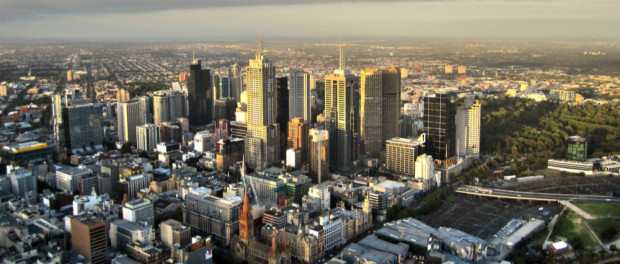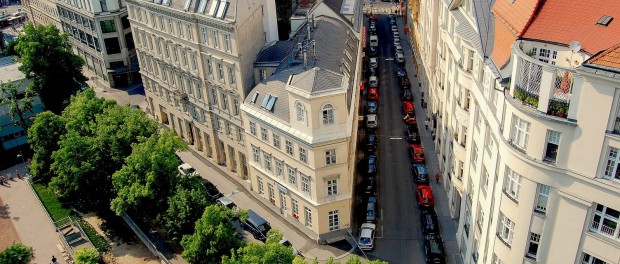
The City of Melbourne has introduced new smart bins to reduce the overflow of waste from Melbourne’s street bins.
The two-year trial will see the implementation of 50 smart sensors at a cost of $35,000. Council will also purchase seven solar powered smart bins for around $6000 each.
Melbourne’s street bins collect 4800 tonnes of waste every year, costing the City approximately $9.8 million on waste services each year.
Lord Mayor Robert Doyle said “keeping Melbourne’s street bins below capacity at all times can be a challenge, especially during events and busier times of the year”.
“Overflowing bins are a terrible look for our city. Our street bins are emptied daily but if a bin is full by 8.30 in the morning, it’s impossible for us to know about it,” the Lord Mayor added.
“These sensors will send an alert back to base when a bin hits 70 per cent capacity so it can be emptied within the hour. We’ll be installing 50 of these sensors in existing street bins in September for a two-year trial.”
In addition, seven new smart street bins will be installed in some of the busiest lcoations accross the city, inclduing the corner of Swanston and Flinders streets. The Big Belly bins are solar powered, and have the capability to compact rubbish, allowing the new street bins to fit more in.
“We’ve done an analysis of overflowing bins across the city, so we’ll be placing them in all the appropriate spots. The sensors will also help us keep an eye on bins in hard to reach areas where it’s not as easy to track the amount of rubbish going into them”, the Lord Mayor said.
“The City of Melbourne was one of the first in Australia to use this type of sensor technology, and the first in Victoria to install BigBelly bins”, said Councillor Arron Wood, Chair of the City of Melbourne’s Environment Portfolio. “One of the knock-on effects of a growing population and more visitors to our city is an increase in waste on our city streets and in our laneways, which is a really bad look for the amenity of our city.”
“We’re constantly looking for innovative ways to better manage waste, and this is one example where we’re ahead of the game”, Cr Wood said.
Melbourne is the latest in the growing number of cities around the world using smart bin technology, with approximately 30,000 smart bins installed in 47 countries, according to BigBelly.
The City of Philadelphia has particularly large implementation of 1000 smart bins, which has led to significantly reduced waste collection costs for the city.
In the UK, Bath and North East Somerset Councils reported savings of £170,000 per year following the installation of smart bins, with an 80% reduction in bin collection frequency.
The City of Salzburg also significantly reduced waste collection frequency following installation of smart bins. “Instead of four collections a day, we only need to travel and collect every second day” said Michael Wanner, Director of road and street cleaning, City of Salzburg, adding “the system speaks for itself in terms of environmental benefits.”
Trials of BigBelly bins are also currently underway at the City of Cornwall and West London’s Ealing Council.
For more information see the City of Melbourne website.



